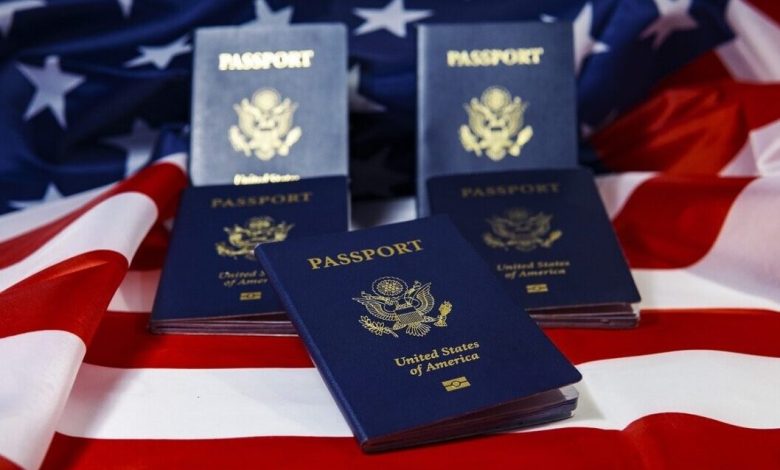U.S. Passport Drops to 10th Place in Global Ranking: What It Means for American Travel Power
Henley Index reveals a historic decline in U.S. passport strength amid rising global competition and diplomatic shifts.

The American passport has fallen to 10th place in the 2025 Henley Passport Index, marking its lowest ranking since the index was first published two decades ago. This shift has sparked debate about the declining travel freedom of U.S. citizens and the reduced global influence of the United States in diplomatic and mobility terms.
Currently, U.S. passport holders can access 182 countries without a prior visa, a high number — but no longer competitive with the world’s most powerful passports. Singapore now ranks first, offering visa-free or visa-on-arrival access to 193 destinations, while Japan and South Korea occupy second place with access to 190 countries.
Why the U.S. Passport Is Losing Ground
According to the Henley & Partners group, which compiles the annual index, the drop reflects increasingly restrictive entry policies by the U.S., as well as a decline in mutual visa waiver agreements. Countries that once dominated global mobility, like the U.S. and the U.K., now lag behind nations that are more open and diplomatically engaged.
Dr. Juerg Steffen, CEO of Henley & Partners, stated:“A passport is no longer just a travel document — it reflects a country’s diplomatic strength and global relationships.”
Limited Visa-Free Access to the U.S.
While American citizens can travel freely to many countries, the U.S. grants visa-free access to only 46 nationalities, ranking it low in terms of global openness. This imbalance impacts the U.S.’s standing on the index and suggests that limited reciprocity and tight border policies are affecting its global mobility profile.
Global Ranking Snapshot
-
Top-ranked passports in 2025:
-
#1 Singapore – 193 destinations
-
#2 Japan & South Korea – 190 destinations
-
#8 UAE & Canada – 185 destinations
-
-
Lowest-ranked:
-
Afghanistan – just 25 visa-free destinations
-
The data behind the index is provided by the International Air Transport Association (IATA) and is considered one of the most accurate measures of passport power globally.
What This Means for U.S. Travelers
While the U.S. government has not commented on the recent decline, travelers are encouraged to check visa requirements before trips using official government tools. Experts emphasize that global mobility now depends on active diplomacy, mutual visa agreements, and openness — areas where the U.S. may need to evolve in the coming years.



